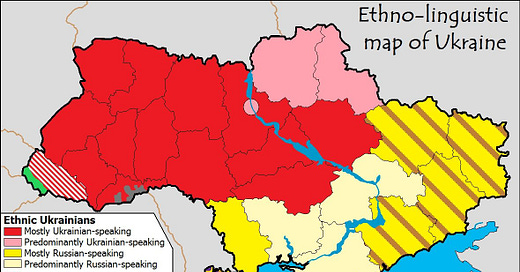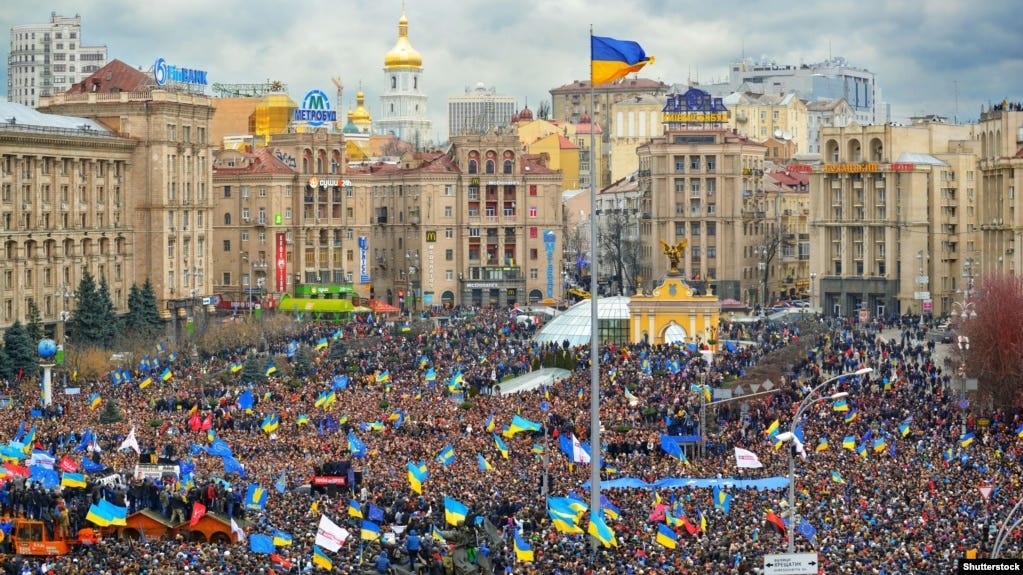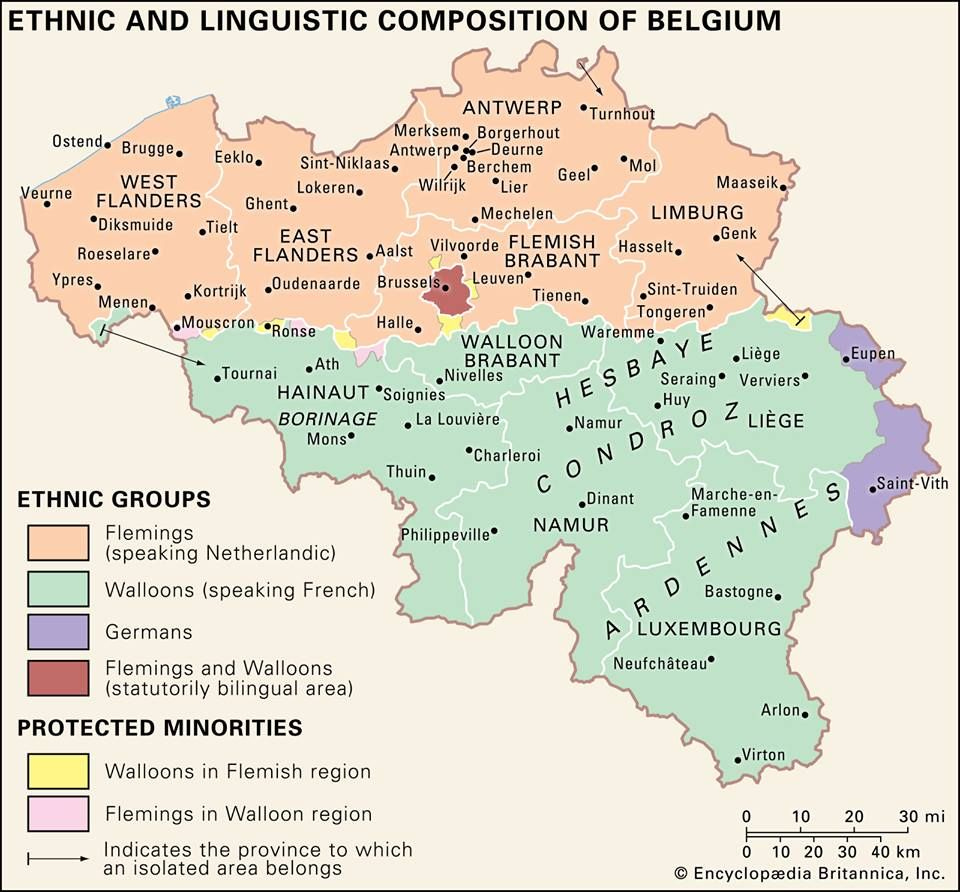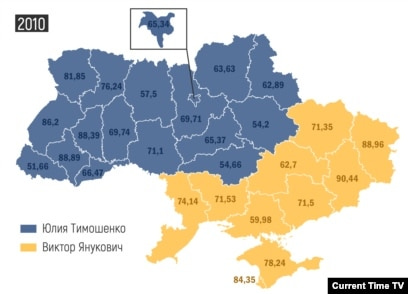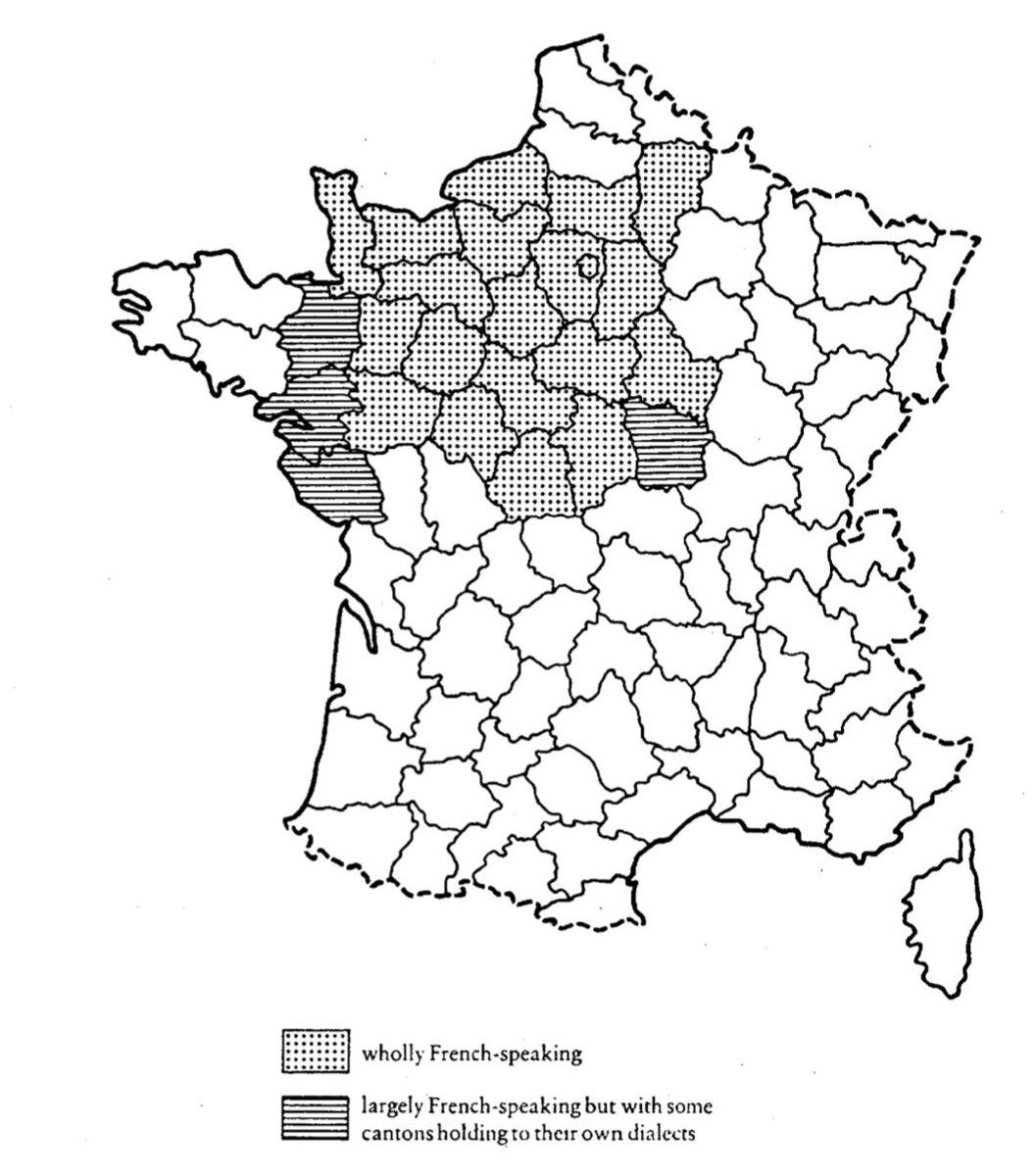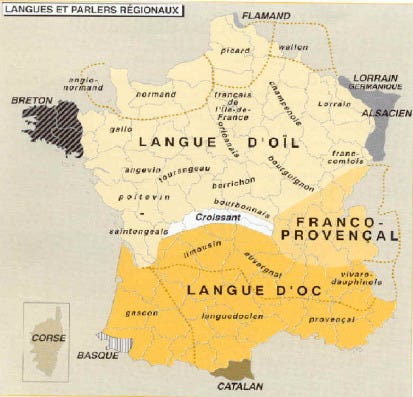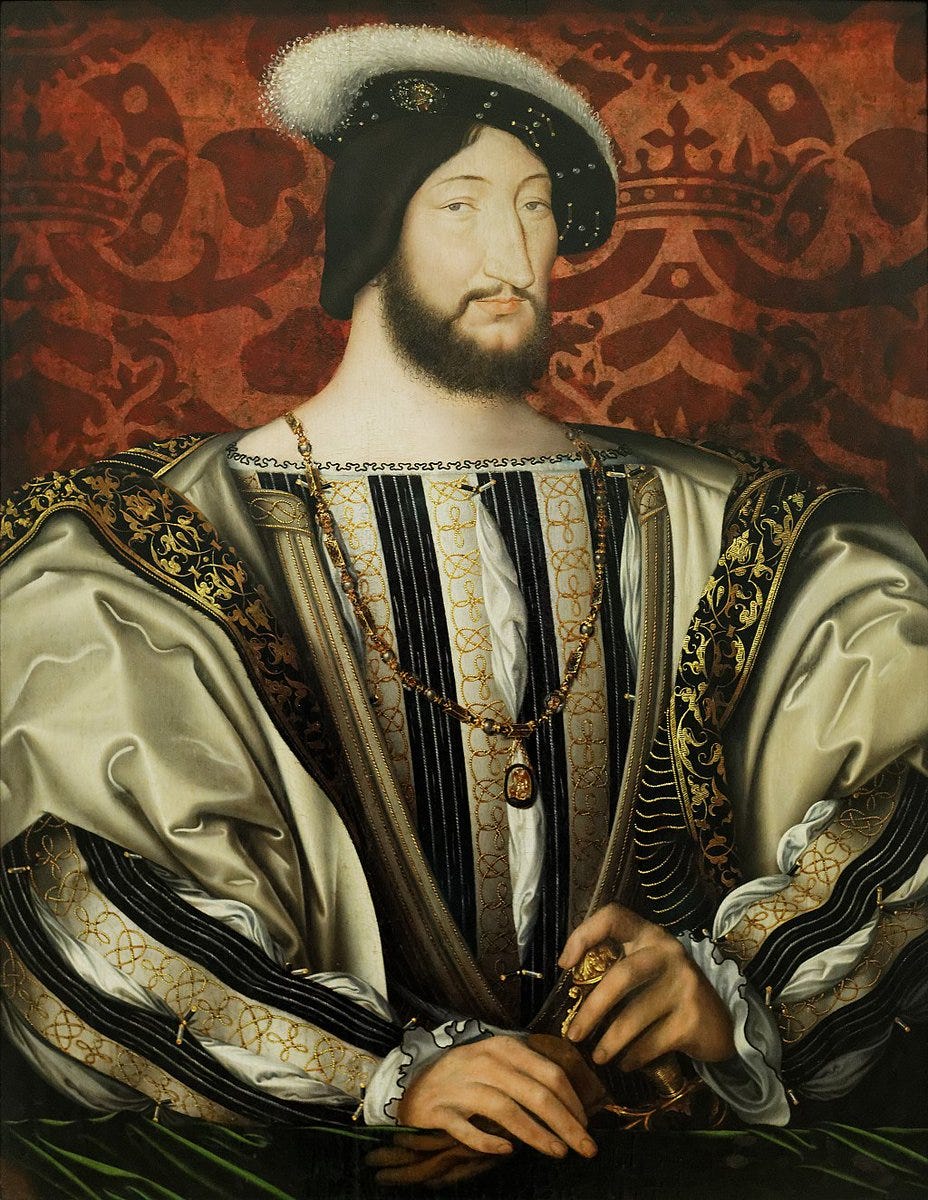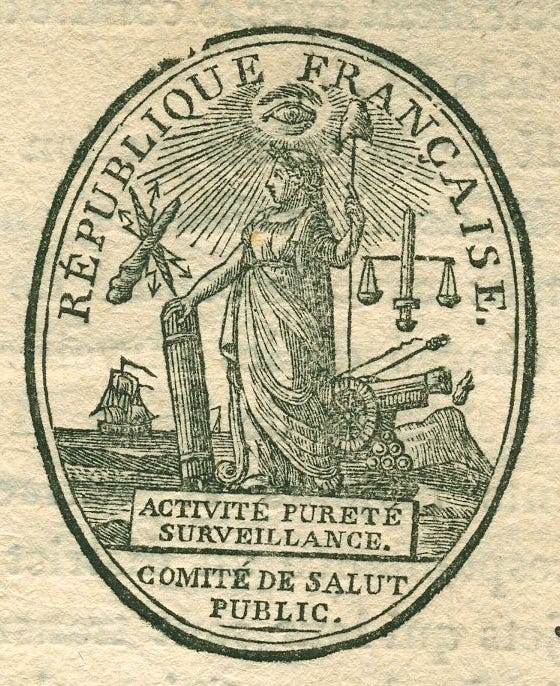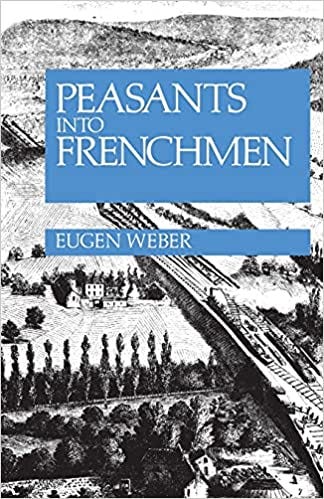A crash introduction to the ethnopolitical situation in Ukraine 🧵
People know that Ukraine is divided to Russian-speaking and Ukrainian-speaking areas. That's correct. And yet, people assume that political allegiances match up with ethnoligustic ones. That's wrong.
First, how do we define Ukrainian and Russian-speaking zones? If Russian-speaking zone = where ppl predominantly converse in Russian, it's far bigger than that. In February 2014 I was on Maidan, lived, slept there. Everyone I met spoke Russian, except for one woman from Ternopol
That's a very important fact. There are indeed some clearly divided countries like Belgium. Dutch-speaking, rich, conservative Flanders and French-speaking, poor, left-wing Wallonia. Here political divisions match up with ethnolinguistic ones. But not in Ukraine
Almost everyone I met on Maidan spoke Russian among themselves. Many spoke very poor or no Ukrainian. And yet, they strongly identified as Ukrainians. Because ethnic identity and political allegiance in case of such mixed up areas as Eastern Europe are simply matters of choice
There is indeed a political division between the East and the West. As shown on this electoral map - yellow voted for pro-Russian Yanukovich, blue - for Timoshenko. And yet, many 'blue' regions are largely or predominantly Russian speaking. Language =/= identity or allegiance
Now let's go a big deeper. During the discussion on Ukraine or on many other countries, you can often hear that this or that nation is 'artificial'. By symmetry, existence of 'artificial' nations implies the existence of 'natural' ones. And yet, that's BS
I'd say that the most exemplary nation-state in Europe and in the world is France. Unified, centralised, homogenous. And yet, here is the map of French-speaking regions in France in the early 19th c As you see, only a part of the country was actually French-speaking
How did the French talk then? Well, historically France was very heterogenous. Even if we ignore Bretagne, Alsace and the Basques, it was still very diverse. The North spoke on the northern dialects - langues d'oil, south - on southern ones. They were mutually ununderstandable
Ofc, it's difficult to draw a line between a dialect and a language. Honestly, it's purely political. And yet, there was a continuity of southern dialects stretching from Provence to Catalonia - across all political lines. Southern France and Catalonia were very much alike
Well, how did homogenisation happened then? Through state centralisation. It really started in 1539 when Francis I ordered the Paris dialect to be used in all official documents all over the country. That's how the dialect of the capital started becoming a national language
Later kings continued these homogenising policies. For example, after Louis XIV annexed a Catalan-speaking Roussillon from Spain in 1700, first thing he did was prohibition of the Catalan language in official use
Ofc it all greatly exacerbated after the revolution. In 1794 the Committee of Public Safety declared:
Federalism and superstition speak Breton, emigration and hatred speak German, Counterrevolution speaks Italian and fanaticism speaks Basque'
Only much later, through the organised state efforts such as centralised education, media, propaganda, necessity of the French for career and ofc crackdown on any minority tongues, the homogenisation was achieved. I strongly recommend this book on why France looks how it looks
So, contrary to the popular belief it is the diversity which is 'natural'. While homogeneity is artificial. Wherever you see monoculture, be it in language, religion, identity, it is a result of ruthless social engineering. And vice versa: diversity reflects the lack of it
For example, taking a glance at the linguistic map of Anatolia in 1910 (this is simplification, it was much more complicated - google Karamanlides), one can conclude - this is a territory which hasn't gone through a forced homogenisation. Yet
That's important for understanding both Ottoman and post-Ottoman history. What is known as the tolerance of the Ottoman Empire can be reconceptualized more neutrally as the lack of willingness to homogeneise everyone culturally. As a result Ottoman lands were incredibly diverse
And once nationalism came here, this non-homogenised land turned into a battlefield between nationalist movements *all* of which aimed to forcibly homogenise "their" territory. So the space between the Austro-Hungarian and Iranian borders was swept by ethnic cleansings
Which is why you should be cautious when Balkan, Middle Eastern, Caucasian and so on activists start talking about "our" land. "It's our land" = we want to impose French concept of a nation-state on this non-homogenised territory. Which is possible only through ethnic cleansings
"Our land" = the land on which we are not only allowed to do genocide, but should be supported in this noble endeavour by the entire humanity
Keep reading with a 7-day free trial
Subscribe to kamilkazani to keep reading this post and get 7 days of free access to the full post archives.
